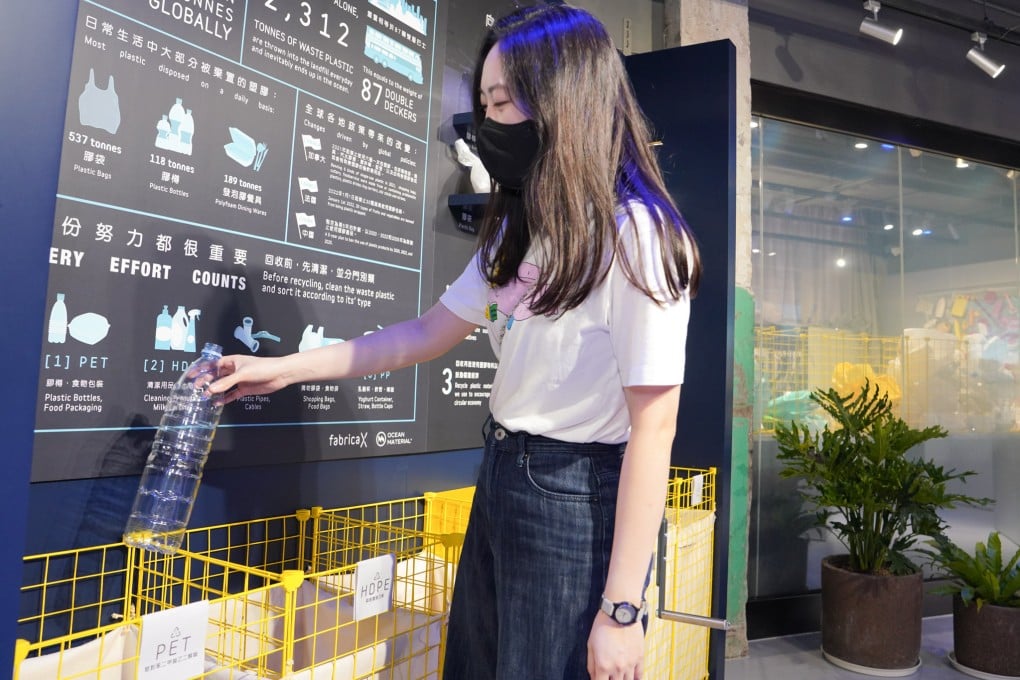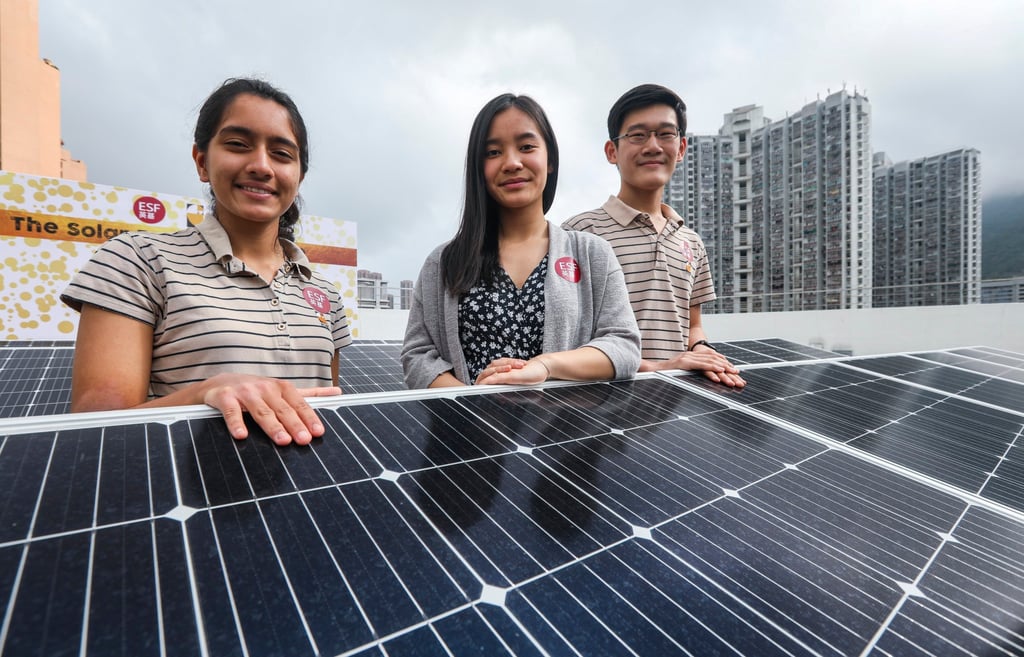International schools in Hong Kong are bringing environmental sustainability into their curricula, while ensuring their operations are sustainable
- Schools like HKIS, Harrow Hong Kong and ESF are hiring experts to help them to reduce their carbon footprint and cut down on waste
- Pupils have sessions to view micro to macro aspects on how they can improve their daily habits and work towards large-scale solutions

The year 2023 is going to be a big one for global green efforts, as it is the midpoint of the United Nation’s 2030 Agenda for Sustainable Development, which outlined the vital and widely touted goals adopted by all United Nations Member States in 2015.
As much of the world finally moves on from the aftermath of Covid-19, its leaders must place a renewed focus on the health of not just our people, but our planet.
And they are not alone. Governments may work on a global level to enact changes that will have a sizeable impact, but on the ground, pupils around the world are also putting their best foot forward to effect relatively small changes that help towards making a big impact.
In Hong Kong, international schools are taking a lead and have firmly embedded environmental sustainability into school curricula. And that is not all, most have also taken concrete steps to ensure that the operations of their schools are sustainable. In fact, many have even gone so far as to hire or bring in experts to help with their sustainability efforts. From energy audits to campus designs, most are now taking a scientific approach to data collection to identify opportunities for carbon reduction as well as create a framework to reduce waste.

One such example is Hong Kong International School (HKIS). The school recently hired Raman Paravaikkarasu as its director of facilities management. He previously worked as assistant vice-president of engineering for the Shangri-La International Hotel Management group, facilitating their sustainability efforts.